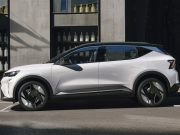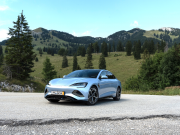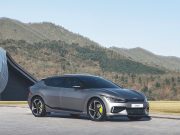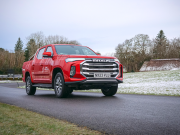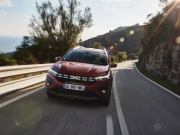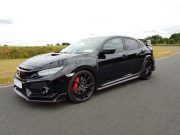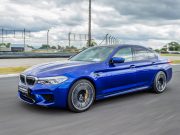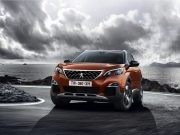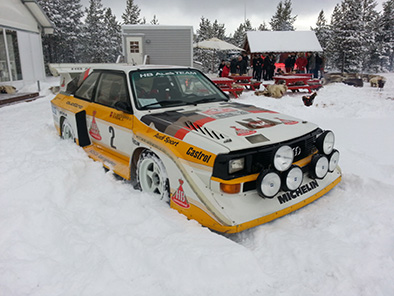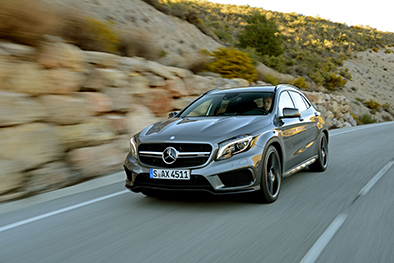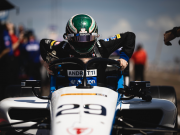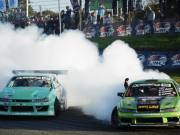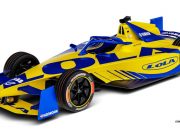 The first Opel Vivaro-e Hydrogen has rolled off the production line. It will now begin its emissions-free work, taking pride of place in the fleet of German manufacturer of premium domestic appliances, Miele. Opel CEO, Uwe Hochgeschurtz, and Head of Development, Marcus Lott, were present at the start of series production at Opel’s headquarters in Rüsselsheim, Germany. A true pioneer, the Stellantis motoring group is the first manufacturer to put hydrogen light commercial vehicles on the road.
The first Opel Vivaro-e Hydrogen has rolled off the production line. It will now begin its emissions-free work, taking pride of place in the fleet of German manufacturer of premium domestic appliances, Miele. Opel CEO, Uwe Hochgeschurtz, and Head of Development, Marcus Lott, were present at the start of series production at Opel’s headquarters in Rüsselsheim, Germany. A true pioneer, the Stellantis motoring group is the first manufacturer to put hydrogen light commercial vehicles on the road.
“With the new Opel Vivaro-e Hydrogen we are opening the next chapter in our sustainable mobility offensive. The clever concept combines the advantages of hydrogen fuel cell propulsion with the versatility and capabilities of our best-selling light commercial vehicle,” said Opel CEO Hochgeschurtz, at Opel’s headquarters in Rüsselsheim.
Head of Development, Marcus Lott, added: “The new Vivaro-e Hydrogen perfectly meets the requirements of fleet customers. The hydrogen van is the ideal solution for driving long distances with zero emissions, as well as for transporting larger loads, without losing time while charging the batteries. The Opel Vivaro-e Hydrogen leads zero-emissions mobility into the future, especially for commercial use.”
The Vivaro-e HYDROGEN is based on the existing battery electric Opel Vivaro-e, voted the 2021 International Van of the Year. With full tanks of hydrogen, the driving range is more than 400 kilometres (WLTP). The 45 kW fuel cell is capable of generating enough power for continuous highway driving. It takes only three minutes to refuel with hydrogen; about the same time needed to fill up a conventional diesel or petrol vehicle.
The 10.5 kWh lithium-ion battery provides dynamic peak power when required, for example, at start-up and under acceleration. Since the battery covers power needs in such situations, the fuel cell can run at optimum operating conditions. The battery also enables regenerative braking, while the plug-in capability offers the opportunity to recharge the battery externally if necessary, e.g. at a charging station, providing 50 km of pure battery electric range. The Vivaro-e Hydrogen features a three-phase on-board charger (11 kW) and a mode 2 charging cable as standard.
Thanks to smart packaging, the Vivaro-e Hydrogen demands no compromises on space compared to the combustion engine versions, offering up to 5.3 or 6.1 cubic metres of cargo volume. The fuel cell electric LCV is available in lengths M and L (4.95 and 5.30 metres) with up to 1,000KG payload.
Like its battery-electric sibling and those with internal combustion engines, the Vivaro-e Hydrogen offers an unusually wide range of driver assistance systems that enhance safety, combined with comfort and tech. The equipment includes a 180-degree panorama rear view camera, blind-spot alert and front / rear park pilot. The Multimedia Navi Pro infotainment system operates via voice recognition or colour touchscreen and is compatible with both Apple CarPlay and Android Auto. Users can also cool or heat the vehicle during recharging via OpelConnect, programming charging times with the myOpel app.
The new Vivaro-e Hydrogen benefits from more than 20 years of experience in the development of hydrogen fuel cell vehicles at Opel and Stellantis. Production takes place at Opel Special Vehicles (OSV) in Rüsselsheim. With the new Vivaro-e Hydrogen, Opel is continuing its electrification offensive. The Vivaro-e Hydrogen complements the Vivaro-e and the forthcoming Combo-e and Movano-e battery-electric vans, that will come to market in Ireland in early 2022.













